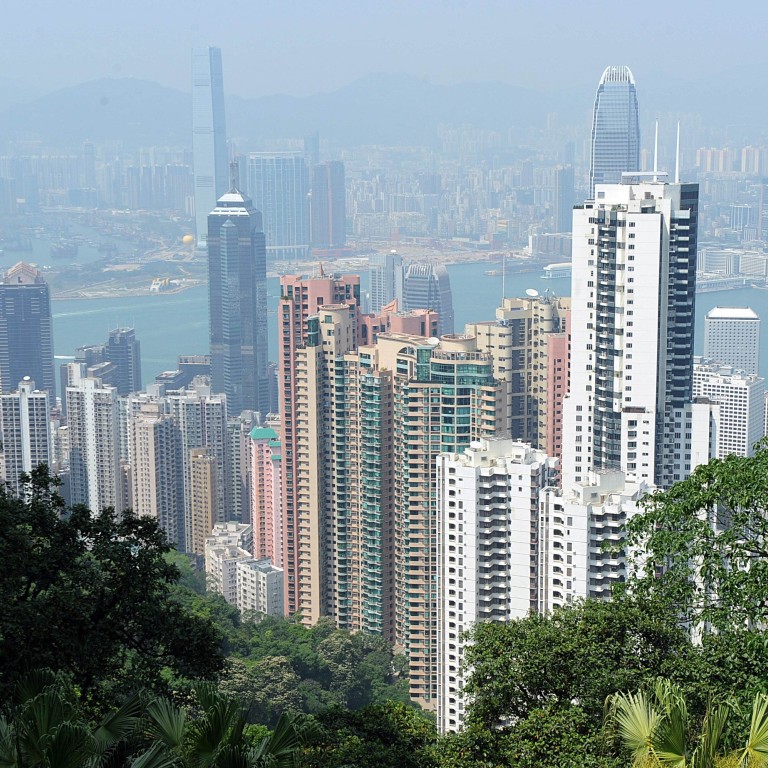
It’s now cheaper to send expats to work in Hong Kong than the mainland
As city slips to fourth in global rankings, economists call for rethink on innovation
Hong Kong needs to rethink its approach to manpower and technological innovation, economists say, after it dropped out of the top three in a global competitiveness survey for the first time in a decade.
The city ranks fourth in the IMD World Competitiveness Rankings 2013 behind Singapore, which it lags in economic performance, higher education, English proficiency and adaptability to challenges.

While Hong Kong is still ahead in business efficiency, its people are less open to foreign ideas, have less understanding of economic and social reforms, and do not value the idea of competitiveness as much, the report said.
It loses in a tight race on the economic front, due to a weaker domestic economy.
The Lion City surpasses Hong Kong in English proficiency and the proportion of adults having finished tertiary education. It also spends more on research and development.
Economist Andy Kwan Cheuk-chiu said Hong Kong's lower ranking did not mean a trend of decline. He said other reports such as the authoritative World Economic Forum's sometimes have opposite findings to IMD, but conceded that improvements were needed in R&D and education.
General Chamber of Commerce chief economist David O'Rear said Hong Kong remained competitive in the financial market and as a yuan offshore centre.
A labour shortage had been adding to costs, and the government must look to labour imports, he said. The US and Switzerland filled the top two spots.
Separately, an annual survey by resources consultancy ECA International shows that for the first time in five years it is cheaper for multinational firms to send expatriate staff to Hong Kong than to cities on the mainland.
Mainland cities leapfrogged Hong Kong to become the fourth most expensive place in the Asia-Pacific region for companies to send expat workers.
A middle-ranking manager sent to Hong Kong received benefits worth US$273,000 a year, while one sent to a mainland city received US$274,000.

